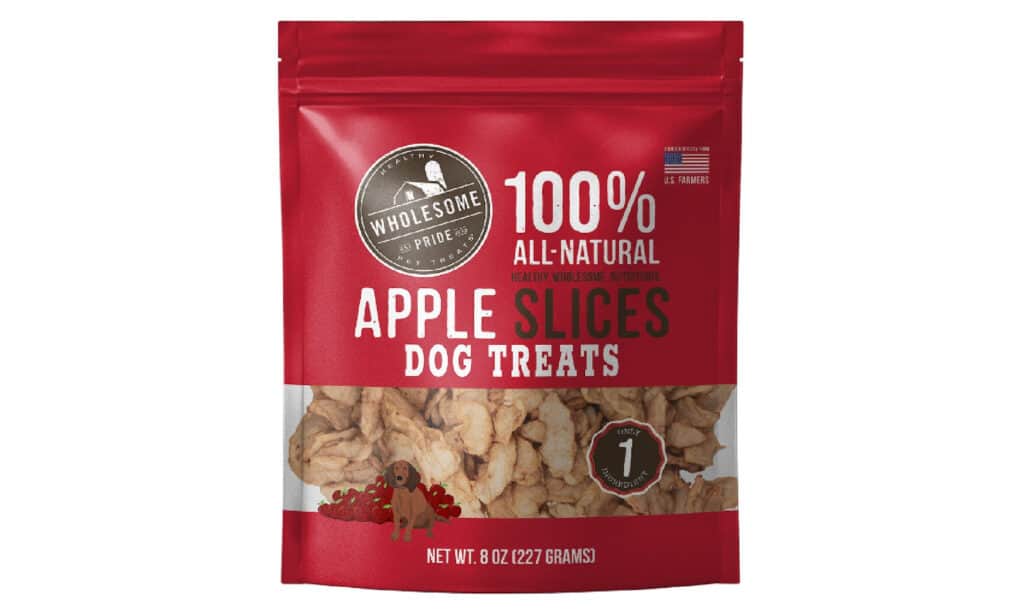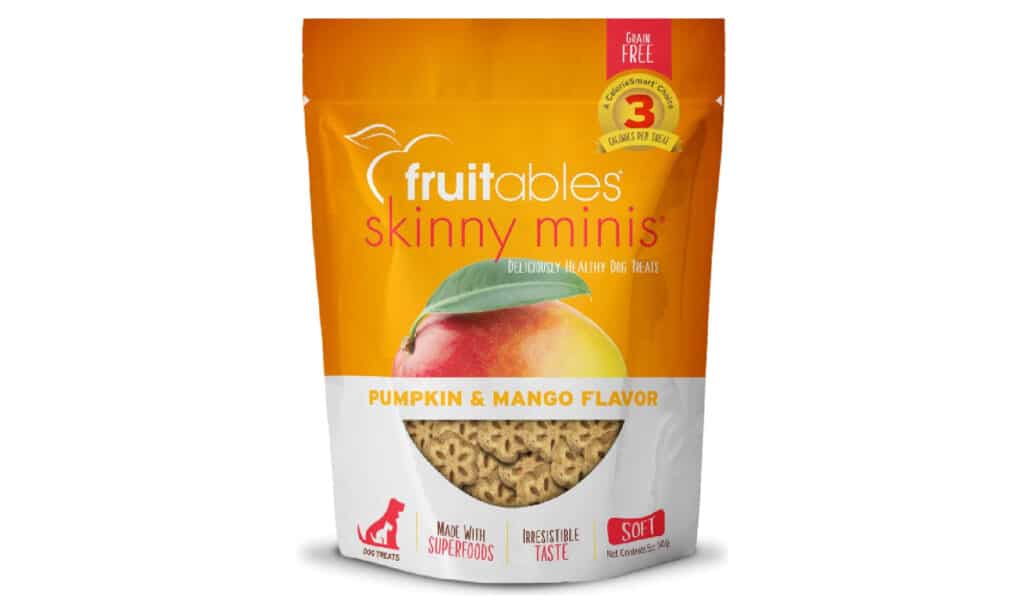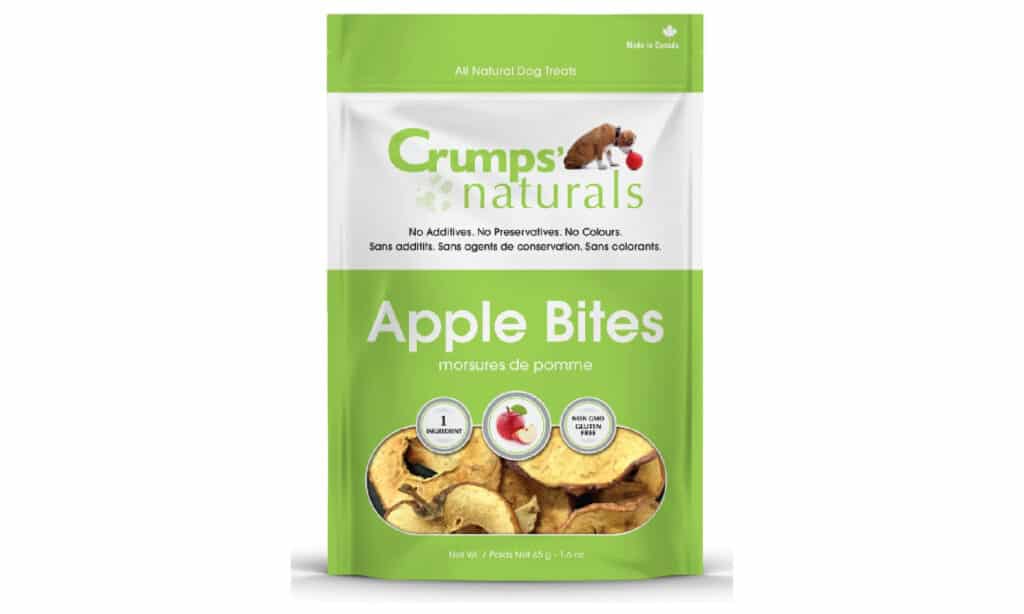As dog owners, we all love to spoil our furry friends with special snacks every now and then. And when it’s scorching hot outside, what could be more refreshing than a spoonful of fruity mango ice cream? But before you treat your four-legged buddy to this frozen delight, you might be wondering: is it okay for dogs to eat mango ice cream?
That’s where this blog comes in. We’ll delve into the potential pros and cons of giving your pooch mango ice cream. We’ll examine the nutritional value of mangoes and dairy products, look at possible health risks associated with feeding your dog ice cream, and offer tips on how to make safe and healthy treats for your furry pal. So, if you’re pondering whether you can share your sweet treat with your pup, keep reading to discover the answer!

What is Mango Ice Cream?
Mango ice cream is a delightful frozen treat that’s created by blending fresh or frozen mangoes with dairy products like cream, milk, and sugar. This luscious dessert boasts a smooth and creamy texture and a sweet, fruity flavor that makes it a fantastic pick-me-up on a hot summer day.
There are loads of different ways to make mango ice cream, and many recipes add other tasty ingredients like vanilla extract, lemon juice, or additional fruits. For those with dietary restrictions, some recipes swap out dairy products for non-dairy alternatives like coconut milk or almond milk, making it a perfect option for those with lactose intolerance or vegan preferences.
Mango ice cream is a popular dessert in many countries worldwide, particularly in places where mangoes are grown and harvested locally. You can enjoy this frozen treat on its own or use it as a topping for cakes, pies, or other sweet treats.
However, if you’re considering sharing this tasty dessert with your furry friend, it’s crucial to think about whether it’s safe for dogs to consume.
Can Dogs Eat Mango Ice Cream?
If you’re a dog owner and you love mango ice cream, you might be wondering if it’s safe to share this tasty treat with your furry friend. Unfortunately, the answer isn’t straightforward.
While mangoes themselves are generally safe for dogs to eat in small amounts, the ingredients that go into making ice cream can pose potential health risks to dogs. For instance, dairy products like cream and milk can be difficult for dogs to digest, especially if they are lactose intolerant. In addition, many store-bought ice creams contain added sugar or artificial sweeteners, which can be toxic to dogs.
Moreover, dogs should not consume foods that contain xylitol, a sugar substitute that is commonly used in sugar-free products, including some ice creams. Xylitol can cause a sudden and dangerous drop in blood sugar levels, leading to symptoms such as vomiting, loss of coordination, and seizures.
If you want to treat your dog to some mango goodness, it’s best to stick to plain, fresh mangoes. This juicy fruit is packed with vitamins and minerals that are beneficial to dogs, including vitamin C, vitamin A, and potassium. You can also consider making your own homemade mango ice cream using dog-friendly ingredients, such as plain Greek yogurt or unsweetened coconut milk, and skipping any sugar or artificial sweeteners. As always, it’s essential to talk to your veterinarian before giving your dog any new foods or treats to ensure their safety and well-being.

Harmful Ingredients in Mango Ice Cream:
While mango ice cream can be a delicious and refreshing dessert for humans, there are several ingredients commonly found in ice cream that can be harmful to dogs if consumed. Here are a few key ingredients to keep in mind:
- Dairy Products – Most ice cream contains dairy products such as milk, cream, and butter, which can be difficult for dogs to digest, particularly if they are lactose intolerant. Consumption of dairy products can lead to gastrointestinal upset, including diarrhea and vomiting.
- Sugar and Artificial Sweeteners – Many store-bought ice creams contain high amounts of sugar or artificial sweeteners, such as xylitol. Sugar can contribute to obesity and diabetes in dogs, while xylitol can be extremely toxic and can cause a rapid drop in blood sugar levels, leading to seizures, liver failure, and even death.
- Chocolate and Nuts – Some variations of mango ice cream may contain chocolate chips, nuts, or other ingredients that are toxic to dogs. Chocolate contains theobromine, which can cause vomiting, diarrhea, and seizures in dogs, while nuts like macadamias can cause weakness, tremors, and hyperthermia.
- Additives and Preservatives – Ice cream may also contain various additives and preservatives that can be harmful to dogs, such as artificial colors, flavors, and stabilizers. These ingredients can cause digestive upset, allergic reactions, or other health problems.
To keep your dog safe, it’s best to avoid giving them mango ice cream or any other human desserts that contain these potentially harmful ingredients. Instead, consider making homemade treats for your furry friend using dog-friendly ingredients like plain Greek yogurt, unsweetened coconut milk, and fresh fruits like mango. Always consult with your veterinarian before introducing any new foods or treats to your dog’s diet to ensure their health and safety.
Safe Ingredients in Mango Ice Cream:
When it comes to making homemade mango ice cream for your furry friend, there are several safe and healthy ingredients that you can use. These ingredients will not only make the treat delicious, but also safe for your dog to consume.
Fresh mango is a great ingredient to start with, as it is not only sweet and delicious, but also loaded with nutrients that can benefit your dog’s health. You can blend fresh, ripe mangoes with dog-friendly dairy alternatives like plain Greek yogurt or unsweetened coconut milk to create a yummy and healthy ice cream base.
For dogs that are lactose intolerant or have trouble digesting dairy, non-dairy milk alternatives like coconut milk or almond milk can be used as a substitute. These alternatives are often low in fat and calories and can be consumed by dogs in small amounts.
To add some sweetness to your homemade mango ice cream, you can use natural sweeteners like honey or maple syrup instead of processed sugars or artificial sweeteners. These natural sweeteners are safe for dogs in moderation and can help make the ice cream even more delicious.
Plain, unsweetened yogurt is another safe and healthy ingredient that can be used as a base for homemade mango ice cream recipes. It’s a great source of protein and probiotics that can benefit your dog’s digestive health, and it can be mixed with fresh mango or other dog-friendly fruits to create a scrumptious and wholesome dessert.
As always, it’s important to talk to your veterinarian before introducing any new foods or treats to your dog’s diet to ensure their health and safety. With these dog-friendly ingredients, you can create a safe and delectable mango ice cream treat that your furry friend will love!

What Signs To Watch For If Your Dog Accidentally Ate A Lot of Mango Ice Cream?
If your dog accidentally eats a large amount of mango ice cream or any other ice cream that contains harmful ingredients, there are several signs that you should watch for. Here are some common symptoms of ice cream poisoning in dogs:
- Gastrointestinal Upset – Consumption of dairy products, sugar, and artificial sweeteners can cause vomiting, diarrhea, and other digestive issues in dogs. You may notice your dog having difficulty digesting their food or experiencing an upset stomach.
- Lethargy – If your dog has consumed a lot of ice cream, they may become tired, lethargic, and less active than usual.
- Increased Thirst – High sugar content in ice cream can cause dehydration, leading your dog to drink more water than usual.
- Hyperactivity – Some dogs may become hyperactive or restless after consuming large amounts of sugar or artificial sweeteners.
- Tremors and Seizures – Consumption of xylitol, a sugar substitute found in some ice creams, can cause rapid insulin release, leading to seizures and loss of coordination in dogs.
If you notice any of these symptoms in your dog after they have consumed mango ice cream, it’s important to contact your veterinarian right away. In severe cases, ice cream poisoning can cause life-threatening health issues, so it’s crucial to seek medical attention immediately to ensure the safety and well-being of your furry friend.
When or If You Should Go To The Vet?
If your dog has accidentally consumed a large amount of mango ice cream or any other ice cream containing harmful ingredients, it’s important to monitor their behavior closely for any signs of distress or discomfort. Depending on the severity of the symptoms, you may need to seek veterinary care right away.
If your dog is exhibiting mild symptoms such as gastrointestinal upset, lethargy, or increased thirst, you may be able to monitor them at home and make them comfortable until the symptoms subside. It’s important to provide plenty of fresh water and monitor their food and water intake.
However, if your dog is exhibiting more severe symptoms such as tremors, seizures, or loss of coordination, or if they have consumed ice cream containing xylitol, you should seek veterinary care immediately. Xylitol poisoning can be life-threatening if not treated promptly.
If you are unsure whether your dog requires veterinary attention, it’s always better to err on the side of caution and contact your veterinarian. They can provide you with guidance on how to monitor your dog’s symptoms and whether further medical attention is necessary. Remember, early intervention is key to ensuring the safety and well-being of your furry friend.

Safe Dog-Friendly Alternative to Mango Ice Cream:
If you’re looking for dog-friendly alternatives to mango ice cream, there are several tasty and healthy options that your furry friend will love! Here are a few ideas to get you started:
- Frozen Fruit Treats – Frozen fruit treats are an easy and healthy option for dogs. Simply blend up some fresh, dog-friendly fruits like bananas, strawberries, or blueberries, and freeze them in ice cube trays or silicone molds for a cool and refreshing treat.
- Yogurt-Based Treats – Yogurt is a great source of protein and probiotics that can benefit your dog’s digestive health. You can mix plain, unsweetened yogurt with dog-friendly fruits like apples or berries, and freeze them into small portions for a healthy and delicious snack.
- Coconut Cream-Based Treats – Coconut cream is a great dairy-free alternative to traditional cream, and it’s safe for dogs to consume in moderation. You can mix coconut cream with dog-friendly fruits like pineapple or mango and freeze them for a tropical and refreshing dessert.
- Peanut Butter-Based Treats – Most dogs love peanut butter, and it can be a great ingredient for homemade treats. Mix peanut butter with banana or pumpkin puree, freeze it in small portions, and you’ll have a tasty and healthy snack that your dog will go crazy for!
Remember, it’s important to always consult with your veterinarian before introducing any new foods or treats to your dog’s diet to ensure their health and safety. With these dog-friendly alternatives, you can provide your furry friend with a delicious and healthy treat that they’ll love!
.
Healthy Store-Bought Options:
In conclusion, while mango ice cream can be a delicious treat for humans on a hot summer day, it’s important to keep in mind that it may not be safe for dogs to consume. The dairy products, sugar, and artificial sweeteners commonly found in ice cream can cause digestive issues and other health problems in dogs. Additionally, some ice creams may contain toxic ingredients like chocolate or xylitol, which can be extremely dangerous for dogs.
If you want to treat your furry friend to a frozen dessert, there are plenty of dog-friendly alternatives to mango ice cream that you can try, such as frozen fruit treats, yogurt-based treats, coconut cream-based treats, or peanut butter-based treats. These options are not only safe for dogs to consume, but they are also nutritious and delicious.
As always, it’s important to consult with your veterinarian before introducing any new foods or treats to your dog’s diet, to ensure their health and safety. With these tips and alternatives in mind, you can provide your furry friend with a refreshing and healthy treat that they’ll love!
~ Lindsie



